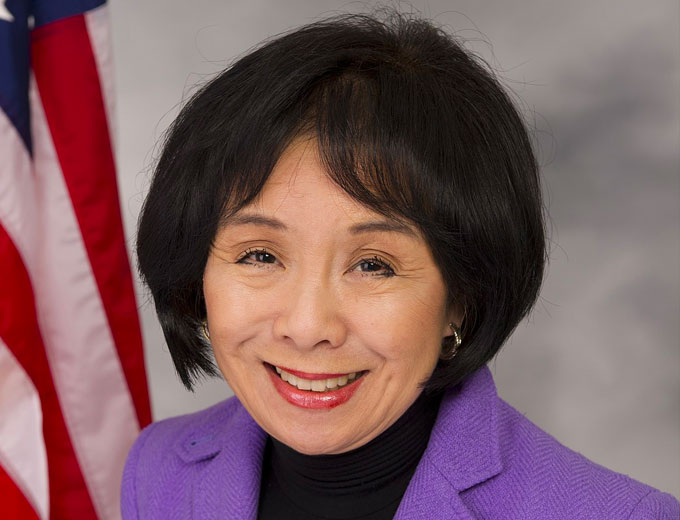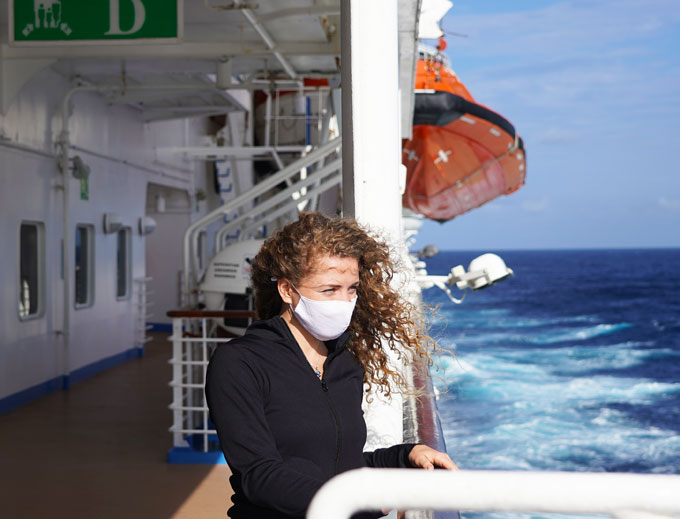March 11, 2020 – In Breaking News – POLITICO
The nightmare of coronavirus outbreaks on cruise ships has revealed an industry that’s skirted oversight for years and used powerful allies in Washington to keep the government out of its business.
In 2013, an engine fire aboard the “Carnival Triumph” left 4,000 people adrift with no running water or power and scarce food.
Just a year later, Royal Caribbean International earned the dubious distinction of breaking the record for the largest amount of people sick from a norovirus infestation — nearly 700 people.
(In 2014 a fast-moving virus caused ship to end the cruise two days early. Courtesy of ABC News and YouTube. Posted on Jan 28, 2014.)
The press wrote stories, policymakers gnashed their teeth — and nothing changed because the U.S. government is largely powerless to intervene.
In essence, cruise ships are a regulatory black hole.
The cruise industry is insulated by ship registrations in foreign countries and shielded by a powerful lobby with sway in tourism-dependent U.S. states like Florida.
(In the wake of the coronavirus outbreak, some cruise companies, including Princess Cruises, have canceled all operations, while others struggling to find passengers. NBC’s Kerry Sanders reports for TODAY from the Port of Tampa, Florida. Courtesy of TODAY and YouTube. Posted on Mar 13, 2020.)
The cruise industry disproportionately counts Americans as customers but operates primarily in international waters and avoids tough scrutiny by registering ships mostly in small Caribbean countries with little incentive to enforce international treaties.
That has led to a hodgepodge of loosely enforced standards, which regulators in the U.S. won’t be able to change quickly.
And when lawmakers have tried to get tougher, such as creating more requirements for cruise ships to dock at U.S. ports, the well-heeled industry pushes back hard.

Rep. Doris Matsui (D-Calif.), who has for years pressed for greater regulations on cruise ships, said the industry fought against her last bill on the issue, which was enacted in 2010. It set some new safety and security requirements for cruise ships.
“They’re very strong,” she said. “I had the most difficult time passing that first bill.“
She said the only reason she was able to get it passed is that a constituent who had been raped on a cruise ship and other cruise ship crime victims were willing to tell their stories.
After initially insisting that no restrictions were needed, in recent days the cruise industry has presented a plan to the White House to bar the elderly from cruising over coronavirus risks.
But that hasn’t stopped some sales managers from using dubious sales tactics — including Norwegian Cruise Lines, which reportedly encouraged sales reps to lie to potential customers with fantastical pitch lines.
(Clyde and Renee Smith are finally back at home and healthy. Courtesy of 11Live and YouTube. Posted on Mar 7, 2020.)
“The Coronavirus can only survive in cold temperatures, so the Caribbean is a fantastic choice for your next cruise,” according to a list of talking points put together by sales managers in the Miami office, according to the Miami New TImes.
Norwegian did not respond to a request for comment.
Continue reading… Coronavirus on the high seas: Why the U.S. can’t touch cruise lines
AST strives to meet a 3 STAR trustworthiness rating, based on the following criteria:
- Provides named sources
- Reported by more than one notable outlet
- Includes supporting video, direct statements, or photos


















